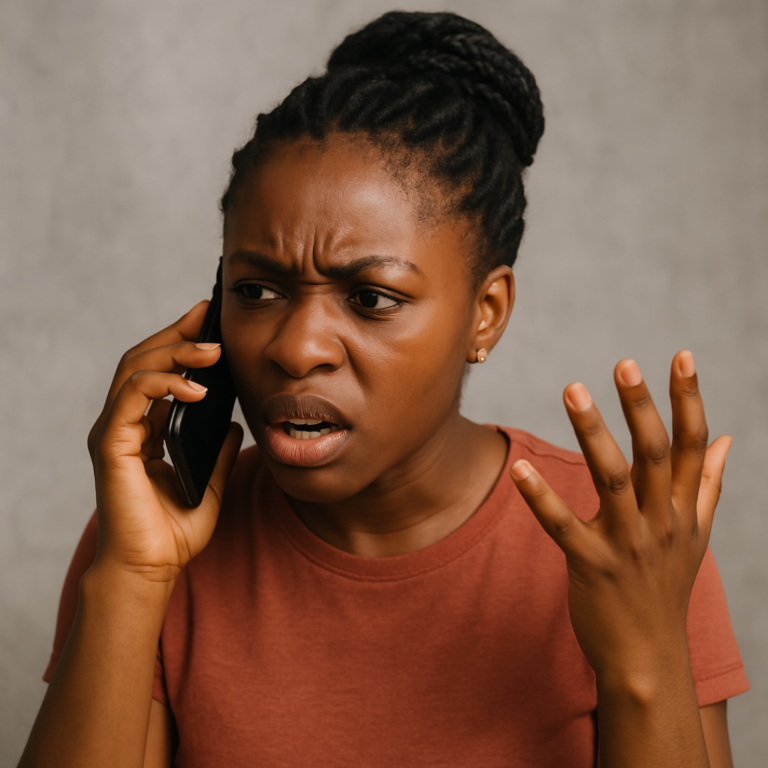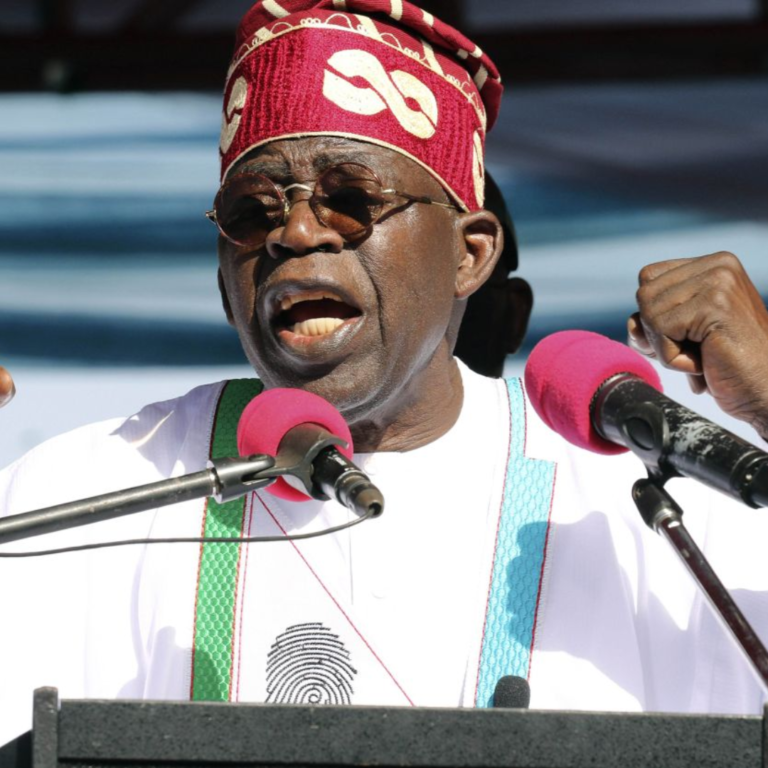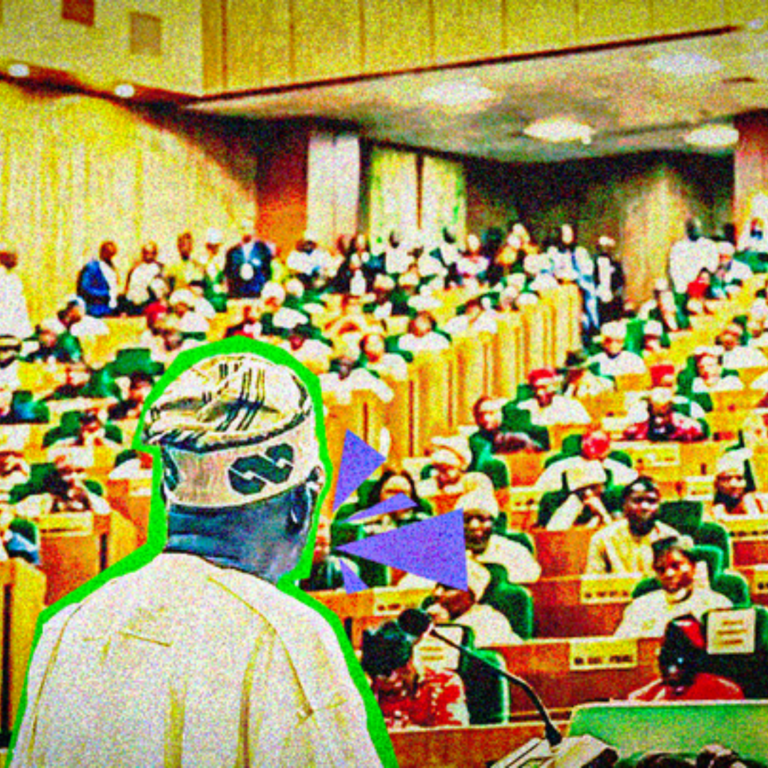If the many sins of Nigeria’s education system, like constant strikes, poor infrastructure, and archaic curriculum, have been pissing you off, you might like to hear what the Ministry of Education and The National Information Technology Development Agency (NITDA) has for you.
On Friday, December 6, during a courtesy visit to the Minister of Education, Maruf Tunji Alausa, the DG of NITDA, Kashifu Inuwa, revealed that his agency has partnered with the Ministry of Education to integrate digital literacy into Nigeria’s education system.
What does this mean for Nigerian students?
The surface-level explanation of this development is that new subjects and courses centred on digital literacy will be developed and added to the curriculums used in all levels of education, from kindergarten to the tertiary stage.
If you deep it further, it means the government is trying to position young people in Nigeria to be at the centre stage of digital innovation.
Why is this important?
This latest development from NITDA and the Ministry of Education is an important one. If anything, the move is actually long overdue– Data obtained from the World Bank’s Development Report in 2022 show that more than 50 per cent of Nigeria’s population lacks digital skills.
Additionally, in 2023 during a presentation titled ‘An Overview of Foundational Literacy and Numeracy In Nigeria,’ an Education Specialist with United Nations Children’s Fund (UNICEF) Nigeria, Yetunde Oluwatosin, revealed that “only seven per cent of Nigerian youths have ICT (Information Communication Technology) skills needed for working and living in a digital economy.”
A 2023 survey conducted by GetBundi, an online digital education institute, narrows down the situation even more. According to the survey, over 85 per cent of graduates from tertiary institutions in Nigeria have no digital skills. To put this into perspective, it means that over 100 million young educated people in Nigeria are technologically illiterate.
If you think the above figures are bad, you’d hate to know that GetBundi also did a survey that involved 100 NYSC members, and only 19 out of that number had digital skills. The skills in question were mostly basic-level knowledge and Microsoft Excel. Only seven of them had basic knowledge of machine learning, programming, and data science. Coincidentally, those seven “studied outside Nigeria – five in the UK, one in the United States and one in Malaysia.”
Speaking about the poor level of digital literacy shown by his organisation’s survey, GetBundi CEO, Osita Oparaugo, said Nigerian education was to blame for this as it has failed to remain consistent with the ever-changing digital landscape.
“The curriculum used in many Nigerian universities and other tertiary institutions is outdated and does not adequately cover the practical aspect of relevant digital skills,” he said.
How exactly will this new development change things?
The DG of NITDA, Kashifu Inuwa, says the collaboration between the agency and the Ministry of Education is part of the government’s plan to meet its long-term target of 95% digital literacy by 2030 and short-term target of 70% digital literacy.
To get the ball rolling, Inuwa says the National Board for Technical Education (NBTE), National Universities Commission (NUC), National Teachers’ Institute (NTI), National Mathematical Centre (NMC), Universal Basic Education Board (UBEC), CISCO, are already on board and aligned with the plan.
Apart from updating curriculums to include digital literacy, some of NITDA’s collaborative efforts with the Education Ministry will include teacher training and capacity building, as well as the procurement of state-of-the-art digital tools and infrastructure for educational establishments nationwide.
The world is increasingly moving towards a digital economy. With poor figures like those quoted by the World Bank, UNICEF, and GetBundi, Nigeria will be left far behind. The collaboration between the Ministry of Education and NITDA is definitely a move that could help turn things around, but the huge question is whether this will be properly carried out to ensure that the subjects and courses introduced to the curriculum are taught in a hands-on manner rather than the theoretical method reported in Nigerian schools. Nigerians might have to keep their fingers crossed.



